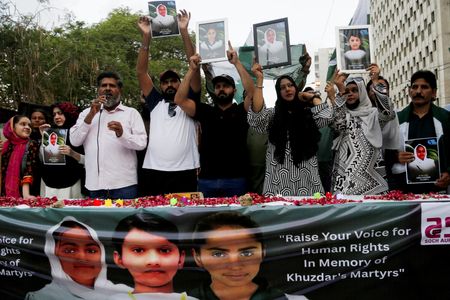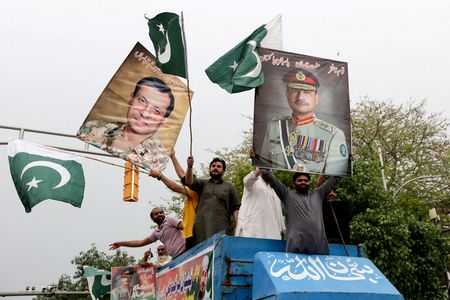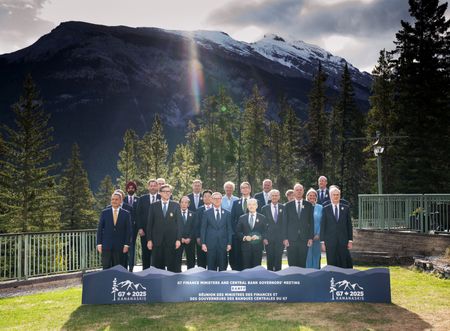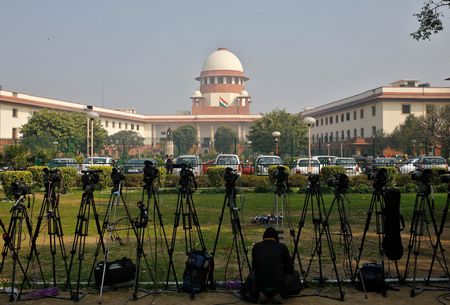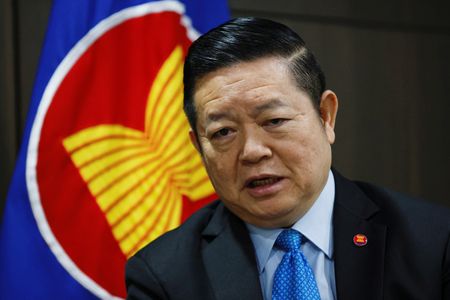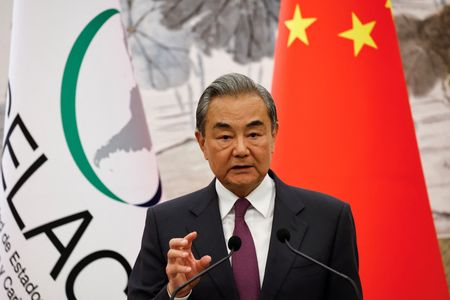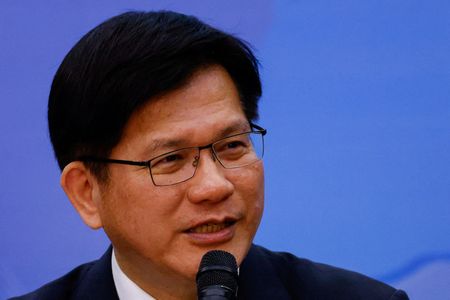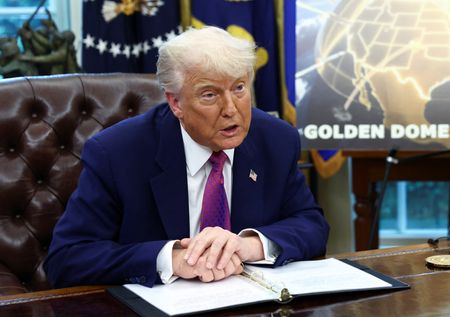By Saleem Ahmed
QUETTA, Pakistan (Reuters) -Three children were among at least five people killed when a suicide bomber struck an army school bus in Pakistan’s restive Balochistan province, the military said on Wednesday, in an attack that Pakistan blamed on Indian proxies.
About 40 students were on the bus, which was headed to an army-run school, and several sustained injuries, said Yasir Iqbal, administrator of Khuzdar district, where the incident took place.
Pakistan’s military and Prime Minister Shehbaz Sharif swiftly condemned the violence and accused “Indian terror proxies” of involvement, although they did not share any evidence linking the attack to New Delhi.
“Planners, abettors and executors of this cowardly Indian-sponsored attack will be hunted down and brought to justice,” the military’s media wing said.
India rejected Pakistan’s accusations.
“In order to divert attention from its reputation as the global epicentre of terrorism and to hide its own gross failings, it has become second nature for Pakistan to blame India for all its internal issues,” the Foreign Ministry said in a statement.
India also declared an official of the Pakistan High Commission in New Delhi persona non grata, the second such expulsion in a week, for “indulging in activities not in keeping with his official status.”
The Pakistani charge d’affaires was summoned and given a warning to ensure that Pakistani officials do not misuse their privileges and status, the ministry added.
Pakistan’s Foreign Ministry made a similar move early on Thursday as an official of the Indian High Commission in Islamabad was declared persona non grata, it said in a statement posted on social media.
The Indian charge d’affaires was summoned to Pakistan’s Foreign Ministry to stress that Indian officials in Pakistan should not “misuse their privileges and status in any manner,” the statement added.
Tensions remain high after India and Pakistan agreed to a ceasefire on May 10. Diplomats have warned the truce is fragile, following the most dramatic escalation of hostilities between the nuclear-armed neighbours in decades.
Both have traded accusations of supporting militancy on each other’s soil – a charge that each denies. The latest escalation, in which the two countries traded missiles, was sparked when India accused Pakistan of supporting a militant assault on tourists in the Indian portion of the contested region of Kashmir. Islamabad denies any involvement.
In Wednesday’s attack in Balochistan, at least three children and two adults were killed, the army said. Local television showed images of three dead girls from middle and high school.
No group immediately claimed responsibility for the blast, reminiscent of an attack on a military school in the northern city of Peshawar in 2014 that killed more than 130 children.
That attack was claimed by the Tehreek-e-Taliban Pakistan, an ultra-radical Islamist militant group.
Attacks by separatist groups in Balochistan have risen in recent years. In March, the Baloch Liberation Army blew up a railway track and took passengers from a train hostage, killing 31 civilians, soldiers and staff.
(Reporting by Saleem Ahmed, Saud Mehsud and Asif Shahzad; additional reporting by Kanjyik Ghosh; Writing by Sudipto Ganguly, Charlotte Greenfield and Surbhi Misra; Editing by YP Rajesh, Raju Gopalakrishnan, Saad Sayeed, Ros Russell, Kevin Liffey and Rod Nickel)

